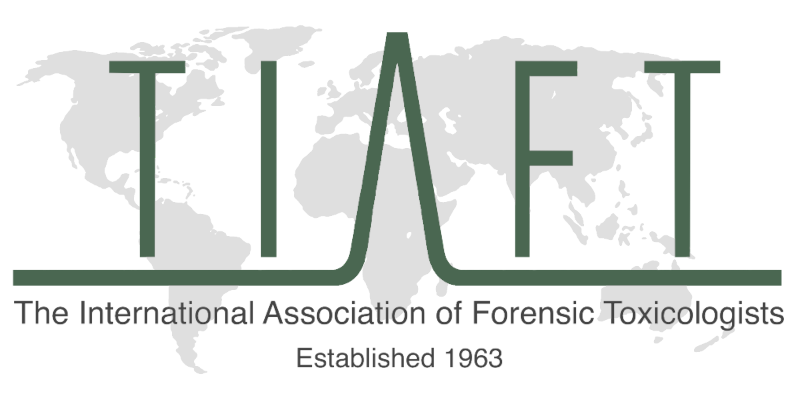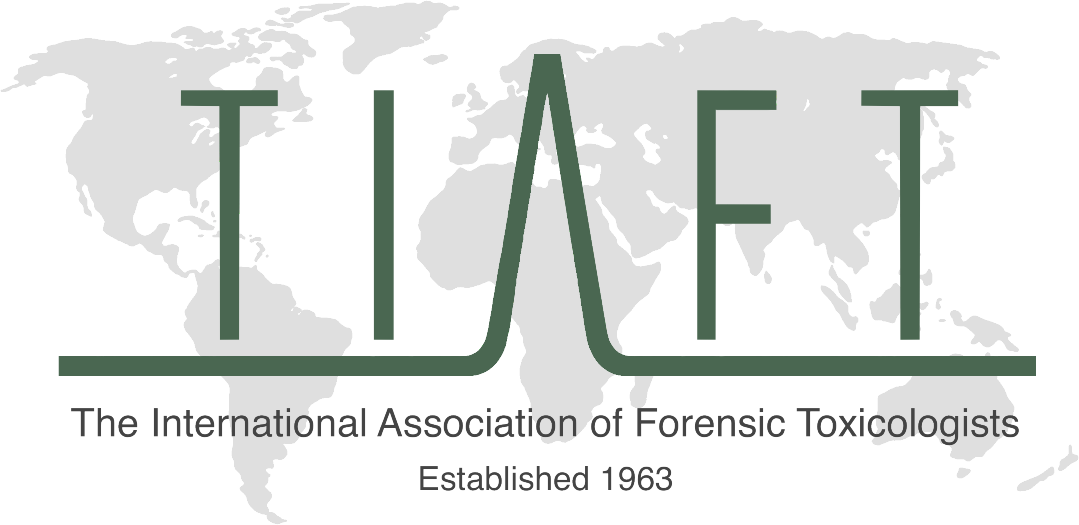Published on: 25-11-2019

Photo by Priscilla Du Preez on Unsplash.com
Is it just me, or does it seem like 2019 has passed us by at a record pace? The holiday season is already upon us, and the year’s end is clearly in sight.
Perhaps the rapid passing of time has something to do with my travel this year. I have had opportunities to visit many different parts of the world in 2019. Just since the end of our TIAFT Meeting in Birmingham in early September, I have been fortunate to represent TIAFT at the Society of Forensic Toxicologists (SOFT) Meeting in San Antonio, Texas; the 15th Annual Latin American Regional TIAFT Meeting in Aguas de Lindoia, Brazil; and the California Association of Toxicologists (CAT) Fall Meeting in Oxnard, California.
On that note, I would like to congratulate TIAFT members Jose Luiz da Costa, Tiago Franco de Oliveira, and Maurcio Yonamine for their role in an incredibly successful Regional Meeting in Brazil. The conference was organized by the Brazilian Society of Toxicology (SBTOX) and held jointly with the 21st Brazilian Congress of Toxicology in late October. I must say that I continue to be impressed by the quality of research presented at the Latin American meetings. It is inspiring to see the passion that our young scientists have for improving our understanding of toxicological issues.
The year’s many travels have made me more aware of the collective tension that seems to be occurring just about everywhere we look. We hear of political corruption. We are told of scandals. We see protests. We read allegations of wrongdoings by public figures. And depending on your source of information, these are viewed as absolute truths or fabricated lies.
In a way, we can blame the media for sensationalizing just about everything they report on. I don’t know if this is true for you, but my local meteorologist can make it sound like we should begin building an ark and collecting two of each species on earth when a big rainstorm is heading our way! We can also blame the media’s lack of fact-checking. They rush stories out in order to be the first to report on it, without taking the time to ensure that everything they are saying is true! As a consumer of the information, it is difficult to know what it is true. Like him or hate him, U.S. President Donald Trump made the term “fake news” a popular term since taking office and we all need to be on the lookout for “fake news”!
Imagine if in our professions we acted as irresponsibly as the media does! Well, maybe we do ... sometimes! With the many hats I wear, I hear a lot of complaints about colleagues. Sometimes it is firsthand information, but a lot of times it is secondhand news. And social media has only made it worse! People are eager to let their fingers type things that (if they are honest with themselves) they wouldn’t have the nerve to directly say to someone. Now to be clear, I’m not speaking about idle gossip, although that can also be problematic. I am referring specifically to claims that call into question someone’s professional ethics.
“Bill R. did this!”
“I heard that Dr. X said Y during his testimony! They are obviously pro-defendant!”
“R is doing this in her laboratory, and everyone thinks it is unprofessional!”
“Dr. Z committed perjury!”
“The results coming out of ABC Laboratory can’t be trusted as they falsify findings!”
Are we, in a way, acting just like the media? Are we rushing to judgement without facts? Are we sensationalizing stories to get more “likes”? Are we spreading “fake news”?
While at the CAT Meeting in early November, TIAFT Member Nikolas Lemos gave the closing lecture. His topic was tied to CAT’s recent adoption of new ethics guidelines for its members. As usual, he provided an outstanding presentation that I thoroughly enjoyed. One of his interesting points was to draw a distinction between “ethics” and “morals”. As Professor Lemos explained, ethics and morals are two different things, yet the lines between the two can often get hazy. In fact, one could argue that both guide our professional conduct. Let me explain.
Simply talking behind someone’s back may be considered by some to be a bad or an immoral thing to do. But on its own, it is not necessarily unethical to do this. However, if the topic that is being discussed is about a colleague’s unethical behavior, then talking about it – without taking any action – may be considered as itself an unethical behavior. By action, I mean that it should be officially reported to the “accused’s” professional organizations – in our case, TIAFT. When you fail to report these concerns, you are behaving in a manner that is detrimental to TIAFT or the profession of forensic toxicology. After all, if the allegations end up being true, they can hurt our entire field if they are swept under the carpet.
Equally important, however, is that if the allegations are unfounded, they hurt that person’s professional reputation. That is why one of the most important principles of TIAFT’s ethics procedures is to allow a person to defend themselves. And their defense is before an independent body – our Ethics Committee – that evaluates legitimacy of the allegations.
So, let’s think long and hard about our actions as professionals before making claims about others in our field. Let’s ask ourselves – Is what he did unethical? If we believe it to be so, instead of gossiping about it, we need to report it. If we simply disagree with something someone else said or did, then perhaps we should think twice about whether it is our place to try to make the other person look bad. There may be more to a situation than we are aware of.
Now, I will step down from my soapbox to say “Happy Holidays” to you and your families. I hope we can find time to relax over the holidays and that we can all spread peace and kindness … without spreading any “fake news”!
Marc LeBeau, PhD
President, TIAFT


